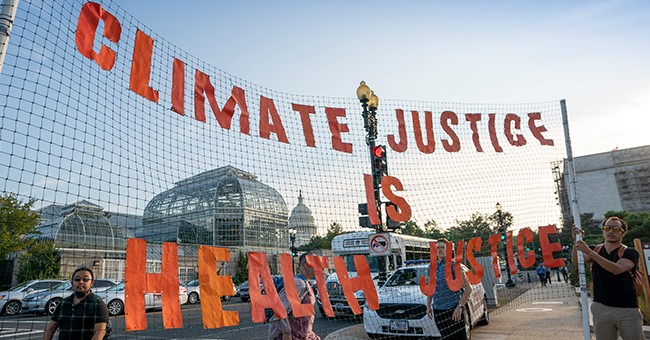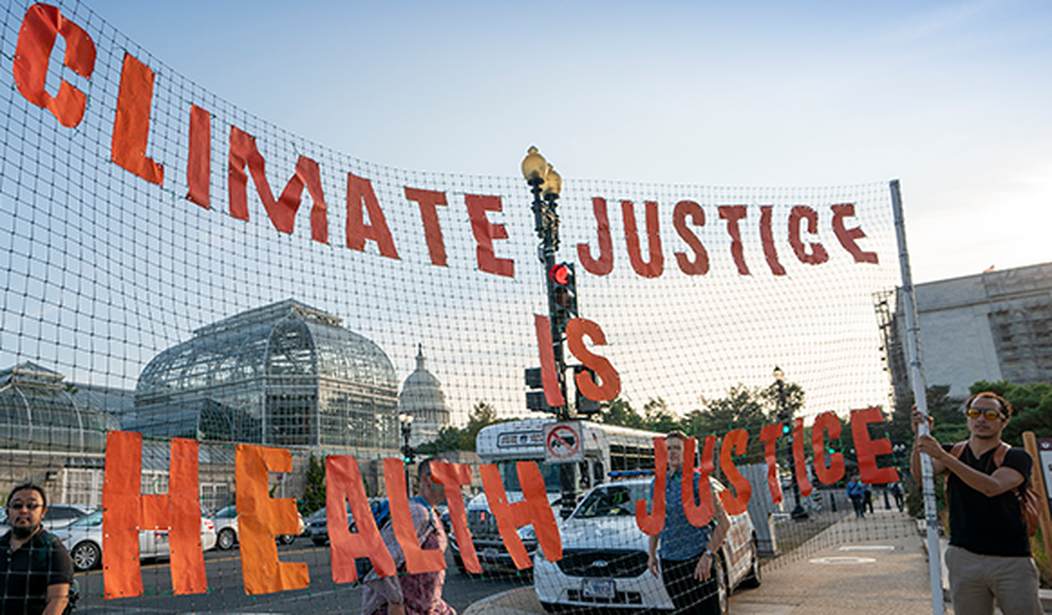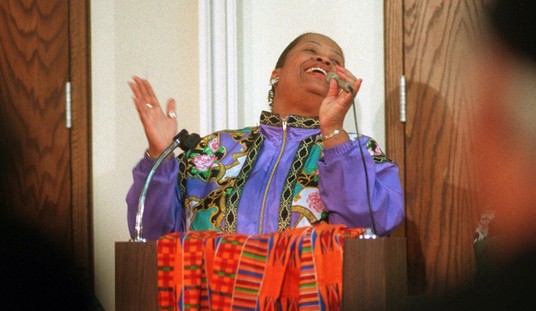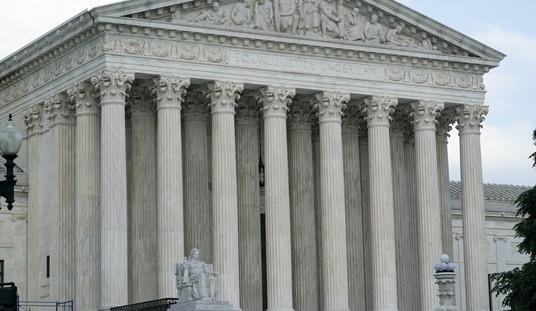
Over the years I’ve become almost inured to the crazy claims various climate alarmists have made. They have tried to link almost every bad thing that happens in the world to climate change, from psychiatric disorders to violent crime, from the end of winter sports to reduced milk production, from hair loss to the loss of one’s sex drive. Sadly, I’m not making any of these absurd claims up, just search the internet.
None of these claims, nor any of the myriad other loony links alarmists have concocted connecting human fossil fuel use and bad outcomes, have any basis in facts or hard data.
Now, in an article in the journal CA: A Cancer Journal for Clinicians, climate alarmists are arguably making their vilest insupportable assertion yet, linking climate change to cancer deaths. The article, irresponsibly hyped by multiple media outlets including CNBC, falsely claims “[c]limate change has triggered more frequent weather disasters like hurricanes and wildfires, … lower[ing] cancer survival rate[s] and threaten[ing] prevention.”
This article shows climate zealots are shameless when it comes to preying on society’s most vulnerable to increase their political power and funding. Having personally lost several loved ones to cancer, including my only brother, I take this climate lie more personal than most.
The researchers assert climate change is causing more frequent and severe hurricane and wildfire seasons, resulting in people being unable to receive lifesaving care such as operations, chemotherapy, and radiation treatments during and in the aftermath of hurricanes and wildfires.
According to the paper, “Extreme weather disasters also lower cancer survival rates. One study shows that cancer patients were 19 percent more likely to die when hurricane declarations were made during their therapy because of treatment interruptions compared with patients who had regular access to care.
“‘For patients with cancer, the effects of hurricanes on access to cancer care can mean the difference between life and death,’ the authors wrote,” CNBC reports.
Contrary to these scary claims, human-induced climate change cannot be causing increased mortality from cancer, because data show no evidence hurricanes or wildfires are becoming more severe or frequent.
The Intergovernmental Panel on Climate Change (IPCC) finds no evidence of any increase in the frequency or severity of hurricanes as Earth has modestly warmed, with the IPCC’s 2018 Interim Report stating there is “only low confidence for the attribution of any detectable changes in tropical cyclone activity to anthropogenic influences.”
As Climate at a Glance: Hurricanes points out, hurricane strikes on the United States are at an all-time low, with America recently experiencing more than a decade (2005 to 2017) without a major hurricane (Category 3 or higher) hitting the United States—the longest such period in recorded history. The United States also recently experienced the fewest hurricane strikes in any eight-year period (2009 to 2017) in recorded history.
Nor are recent wildfire seasons more severe or affecting larger areas than the United States has historically experienced. Drought is among the most important factors contributing to wildfires, and Climate at a Glance: Drought reports the United States is undergoing its longest period in recorded history without at least 40 percent of the country experiencing “very dry” conditions. Peak droughts in 1978, 1954, 1930, and 1900 were much worse than what the United States has experienced in the 21st century and in the late 20th century. Indeed, in 2017 and 2019, the United States registered its smallest percentage of land area in drought in recorded history.
In addition, IPCC reports with “high confidence” precipitation over mid-latitude land areas of the Northern Hemisphere (including the United States) has increased during the past 70 years, and IPCC has “low confidence” about any negative trends globally.
Since drought conditions are low, and drought is the single biggest factor behind wildfires, it should come as no surprise to learn, contra the cancer paper’s assertions, wildfires have neither become more frequent nor more severe in recent years. In the few regions that have experienced particularly severe wildfires, such as California and Australia, the root cause is government policies preventing proper land management in areas prone to wildfires.
People with cancer have enough to worry about without adding climate horror stories to the list. Obviously, natural disasters such as hurricanes and wildfires make it more difficult for people with cancer to get proper treatment, as is true for people suffering from other terrible diseases and maladies. However, because climate change isn’t making extreme weather more common, it can’t be preventing proper cancer treatment or decreasing survival rates. Claims to the contrary are shockingly insensitive to the pain and concerns those fighting cancer already suffer from.
H. Sterling Burnett, Ph.D. ([email protected]) is a senior fellow on energy and the environment at The Heartland Institute, a nonpartisan, nonprofit research center headquartered in Arlington Heights, Illinois.













Join the conversation as a VIP Member